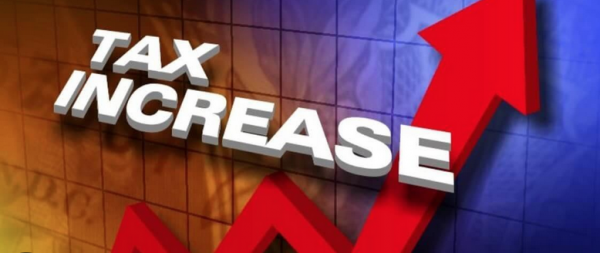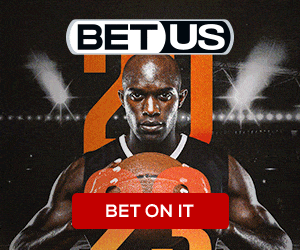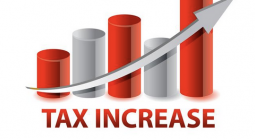New Jersey's Top Newspaper Calls for Hike in Taxes on Mobile Sports Betting
-
Proposed tax hike would go from 14.25% to 30%.
-
State had a record tax haul in this past year, $128.9 million just from sports betting.
Since the US Supreme Court overturned The Professional and Amateur Sports Protection Act (PASPA), New Jersey sports betting has had one of the lower tax rates in the nation.
Land-based sportsbooks are taxed 9.75% of gross gaming revenue, while online operators must pay a 14.25% tax. Compare that to the greater than 30% tax in neighboring Pennsylvania and near 50% in New York State.
But if lawmakers have their way, New Jersey could soon become less enticing a market in which to operate, especially considering the saturated market. Last year, FanDuel alone accounted for around 70% of all NJ sports gambling revenue. There are 16 sites operating here with Prime Sports assuming the void that will be filled when Unibet exits the US market on May 14.
What lawmakers propose is a tax that comes close to what PA imposes: Around 30%.
State Sen. John McKeon’s bill, S 3064, comes following a record tax haul in the state, $128.9 million just from sports betting. New Jersey is one of the few US states that also allows online casinos and poker rooms.
One of the biggest boosters of an increased operator tax is none other than the state's most read newspaper, the Newark Star Ledger (NJ.com). Its editorial staff published an op-ed Wednesday expressing what a great thing the proposed tax hike would be.
Among the highlights:
- While the casinos and their partners cash in lavishly with online gambling, they give only 15% of their profits to the state for online gaming revenue and are taxed 13% on their sports betting revenue. New York, by contrast, slams its online sports books with a 51% tax on their profits.
- McKeon says the tax hike would bring the state at least another $150 million, and he happened to notice that the outrageous fare increase on NJ Transit commuters in Gov. Murphy’s budget is designed to fill NJT’s $106 million budget hole.
- There is no evidence that higher tax rates affect revenue. Pennsylvania has among the highest tax rates for online casino gaming (54%) and sports wagering (36%), but it just recorded an all-time high of $215 million in gross revenue in February.
Not surprisingly, the Casino Association of New Jersey opposes the measure.
Dr. Jane Bokunewicz, the director of the Levenson Institute of Gaming at Stockton State, has been quoted as saying that “a tax hike of this magnitude, especially if it were implemented on a short timeline, would be a major shock to the industry.”
The Star Ledger editorial board notes that tax increases with sports betting is hardly a novel concept as both Ohio and Illinois have done so since the start of the year.
The op-ed concludes with this: "There are only a few dozen online sports betting operators in New Jersey, and most of them have a very low overhead. If a tax hike damages their ability to compete, we’d like to hear it, especially with startups. But we’re glad McKeon has started the conversation."
- Gilbert Horowitz, Gambling911.com















